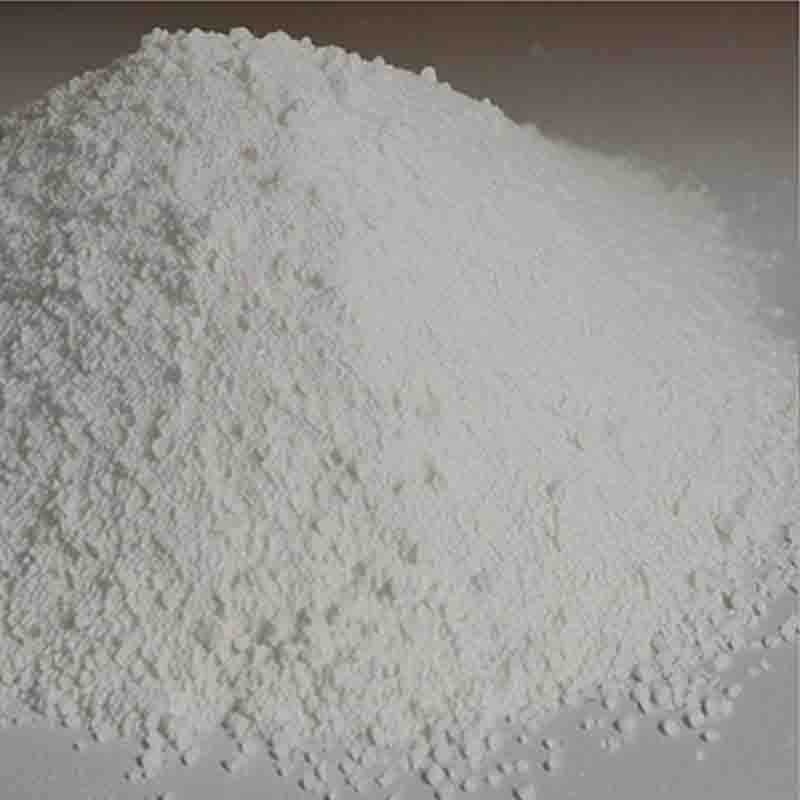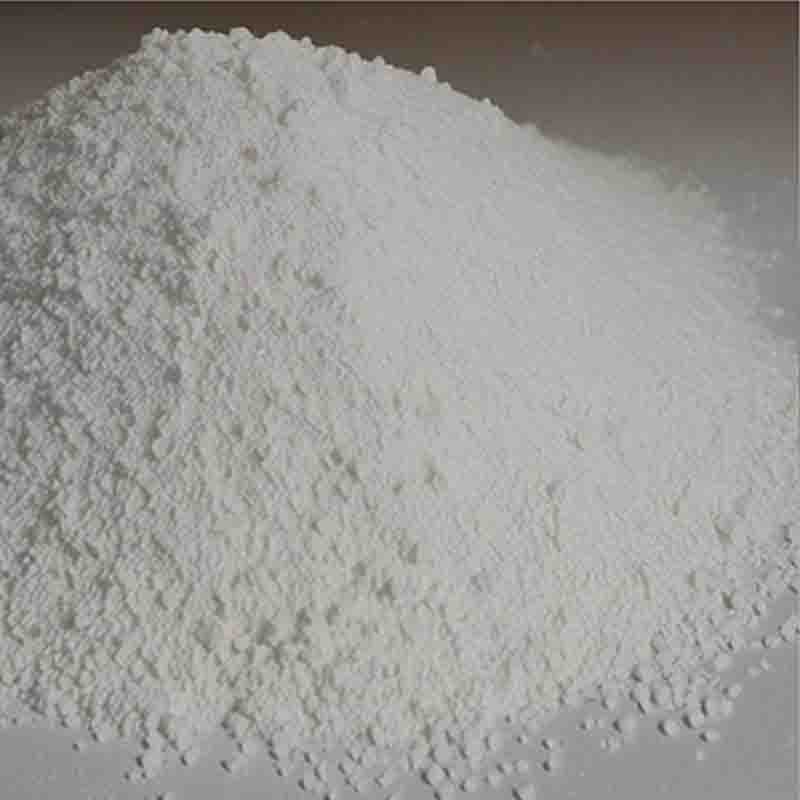Diethylaminomalonatehydrochloride CAS:13433-00-6
| Catalog Number | XD95240 |
| Product Name | Diethylaminomalonatehydrochloride |
| CAS | 13433-00-6 |
| Molecular Formula | C7H14ClNO4 |
| Molecular Weight | 211.64 |
| Storage Details | Ambient |
Product Specification
| Appearance | White powder |
| Assay | 99% min |
Diethylaminomalonate hydrochloride is a chemical compound that can have various effects and applications in different fields. In this 300-word response, we will discuss some of the potential effects and implications of this compound.One prominent effect of diethylaminomalonate hydrochloride is its ability to act as a precursor or starting material in organic synthesis. This compound contains an amino group and two ester groups, making it a versatile building block in the production of various pharmaceuticals, agrochemicals, and other specialty chemicals. By reacting diethylaminomalonate hydrochloride with different reagents or functional groups, chemists can create a wide range of complex organic compounds with diverse biological activities or functional properties. This contributes to the advancement of drug discovery and development, as well as the synthesis of other valuable organic compounds.Additionally, diethylaminomalonate hydrochloride can also have implications in the field of catalysis. The amino group in this compound can act as a ligand, coordinating with metal catalysts to enhance their reactivity and selectivity in organic transformations. This can enable the development of more efficient and environmentally friendly processes for chemical synthesis. The application of diethylaminomalonate hydrochloride in catalysis can contribute to improvements in the production of fine chemicals or provide a sustainable alternative to traditional chemical manufacturing methods.Furthermore, diethylaminomalonate hydrochloride may also have biological effects. As a compound containing an amino group, it can potentially interact with biological systems or components, such as proteins or enzymes. However, it is important to note that further research is needed to fully understand its specific interactions and potential implications in biological systems. Studying the effects of diethylaminomalonate hydrochloride on living organisms and evaluating its toxicity profile are crucial to ensure its safe use in various applications.Overall, diethylaminomalonate hydrochloride has diverse effects and applications in organic synthesis, catalysis, and potentially in biological systems. Its versatility as a building block and its potential to enhance reactivity in chemical reactions make it valuable in the development of pharmaceuticals and other specialty chemicals. However, thorough research and evaluation are necessary to fully understand its effects, optimize its applications, and ensure its safety and efficacy.


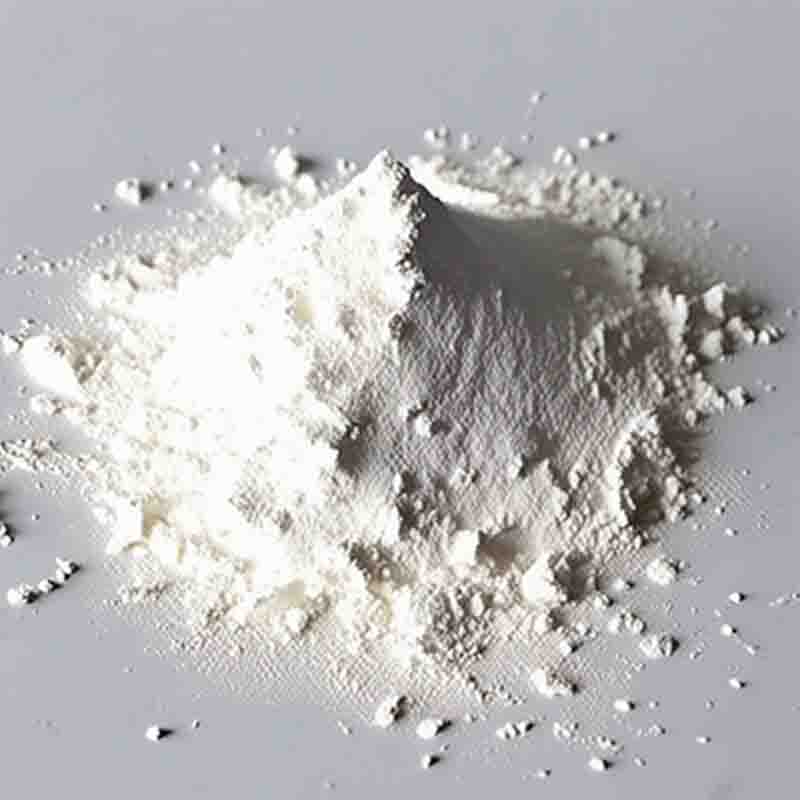

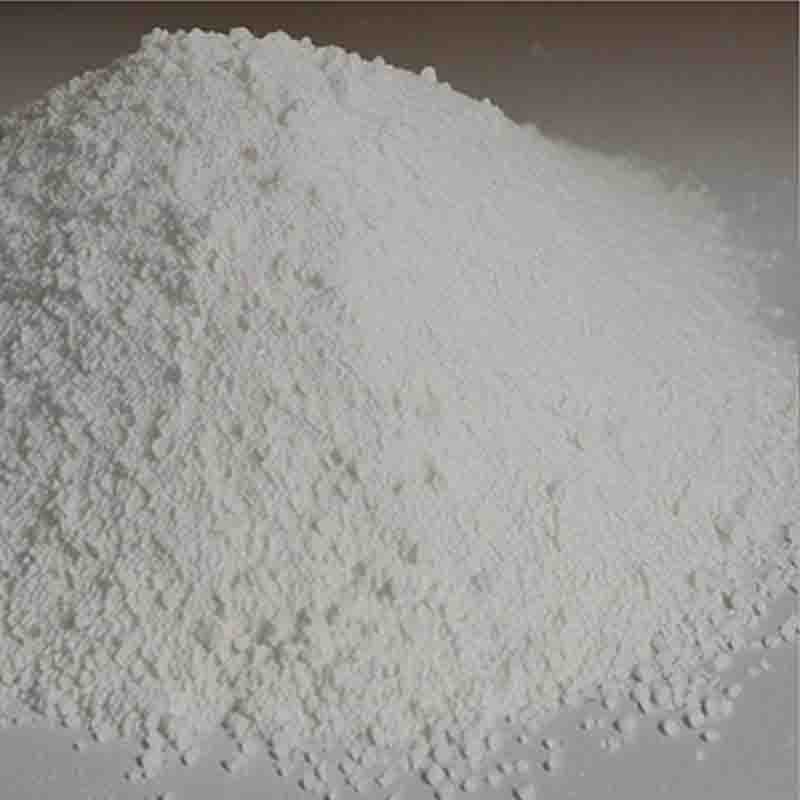
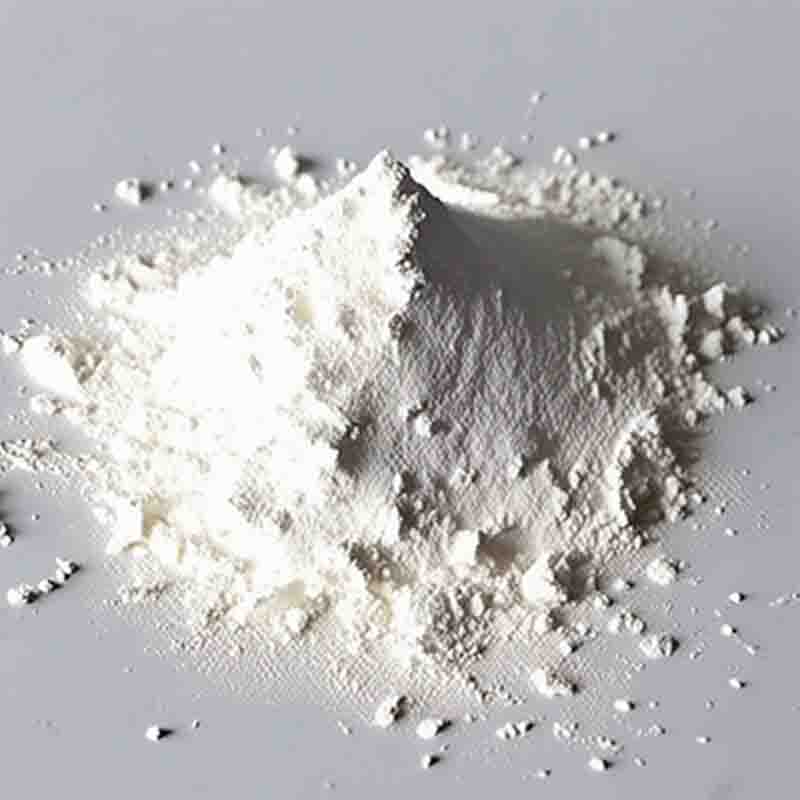
![[[(1,1-dimethylethoxy)carbonyl]amino]-2,4,5-trifluoro-(R)-benzenebutanoic acid CAS: 486460-00-8](https://cdn.globalso.com/xdbiochems/白色粉末1528.jpg)

